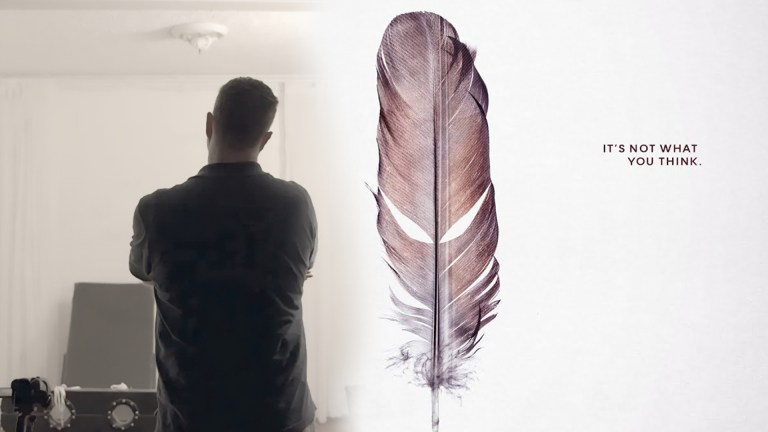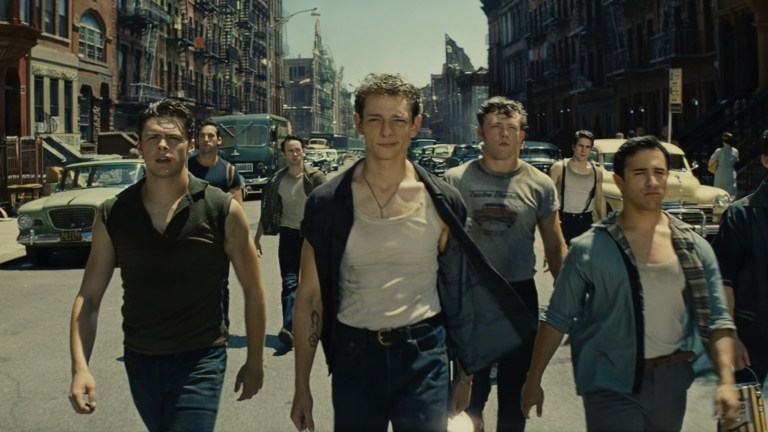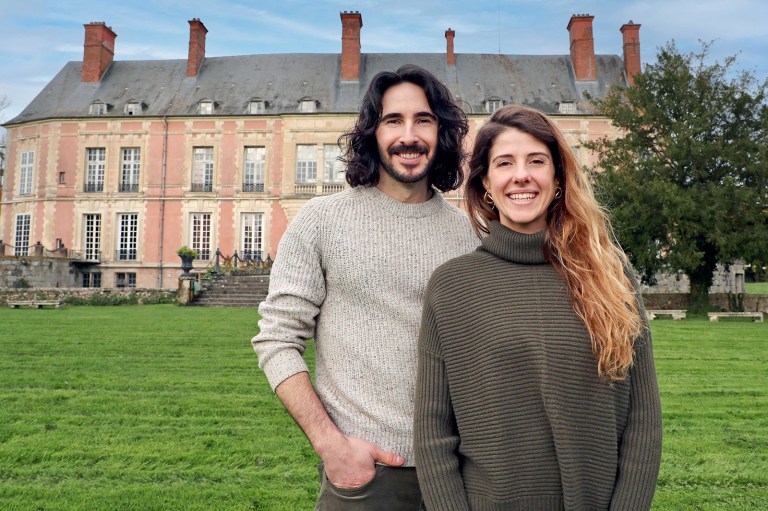
The Difference Between A Friend And A Soulmate
Your twenties bring the death of a lot of friendships. But they're also responsible for the birth of friendships that are much deeper, fulfilling, and heartening than you've ever experienced in your life.
By ![]() Kim Quindlen
Kim Quindlen
Your twenties are a weird time, for a lot of reasons. You become an actual adult with real responsibilities (because college didn’t count). People your age start having babies. You start looking at the world with a new pair of eyes. Topics like the merits of using one cable company versus another become part of your everyday conversations. You think about health insurance. You think about 401k’s. You think about your own mortality.
But one of the weirdest parts about your twenties is the way that your friendships change.
It was so easy, before now. Yes, you worked hard to make sure your friends had good birthdays, and someone to talk to about their worries and fears, and someone they knew they could always count on. But still, there was less effort that went into it. Because your friendships in college were your LIFE. You saw them every day. In class. In your dorm room. At any bar around campus that you went to. On the walk to Econ 101. When you stopped in Jimmy John’s for a sandwich on your walk back. At the meetings for the organizations that you were involved in. At any party you went to. In the dining halls. In the kitchen you shared in your beloved 4-person apartment senior year. Your friends just showed up, like magical little surprises, everywhere you went. And it was such a natural part of your existence – the knowledge that you would simply see your friends with no planning required – that you didn’t even think about it.
But then you’re in your early mid-twenties and slowly, and then suddenly, no matter how many friends you have, you feel so, so alone.
Because the foundation of your life, no matter how happy or unhappy you are, is this: wake up, make a living, go home, sleep, wake up, do it all over again. And if you work hard enough, that existence is sprinkled with little happy hours, intramural sports leagues, book clubs, catch-up dinners and Ahh-I’m-so-tired-can-we-reschedule dinners, Memorial Day Weekend reunions, Netflix marathons, FaceTime chats. And they make you happy, and keep your social calendar full, and ensure you get the emotional recharging you need from the people you care about. But it’s not natural. It takes effort. Even the most exciting reunion dinner with a friend from college is still tiring – no matter how happy it makes you – if you’ve been up since before sunrise for work.
So little by little, after you blink and realize you’re now twenty-seven instead of twenty-two, your friendships begin to fizzle. Not by choice. Not because someone did something wrong. Not because you no longer have anything in common. But because your friends aren’t the sole focus of your life anymore. Because your life is no longer just wake up, go to class, do homework, and then socialize. Your life now is bills and deadlines and job interviews and performance reviews and taxes and maybe searching for a mate and maybe trying to make it work if you’ve already found a mate and attending weddings and being in weddings and going to baby showers and trying to find the energy to do laundry after work and crowded subway rides and snoozing the alarm three times and flying home if you (ever) have a spare weekend because you haven’t seen your family in four months. There’s so much to think about now, so much to worry about, so much to get done.
And it is in these moments, in-between the grocery shopping and the cooking and the commuting and the late nights at the office, that your soulmates begin to emerge – the two, or three, or four friends you have that become your other little family. The people that carry you through adulthood. The ones that act like a talisman inside you on your darkest of days. There is nothing wrong with your other friends. Nothing they are missing, nothing they did to upset you. But there is something extra that exists between you and your soulmates. There’s the warm feeling you have in your stomach when you sit at dinner with them – a feeling that comes from the easy conversation, the bottle of red wine that you all agreed on with just one look, and the feeling that you are sitting amongst people who truly understand you. There’s the wave of relief that washes over you when you are reunited with one of them in a hug, because it’s been a few days since you’ve seen them and it feelings like eternity. There’s the knowledge that when you have a bad day at work, or a broken heart, or a feeling of being lost in the middle of your own life, that they will listen to you, they will hear you, they will know how to make you feel less alone.
Your twenties bring the death of a lot of friendships. But they’re also responsible for the birth of friendships that are much deeper, fulfilling, and heartening than you’ve ever experienced in your life.
For my first couple years out of college, I mourned a lot of friendships that I just wasn’t ready to let go of. I thought of the way we were in college – how light, how simple, how easy it was – and I wanted it to still be that way. But it couldn’t be. I had friends across the country, some halfway across the world. Friends who were getting engaged, friends who were having babies, friends who were moving up the corporate ladder at a shocking pace, friends who were drowning in the stress of grad school, friends who literally had no clue what they were doing. And it wasn’t that I couldn’t be friends with people who were in different situations or stages of life than me – on the contrary, that’s one of the most beautiful parts of friendship. But I couldn’t have a three-dimensional, all-encompassing, we-know-every-detail-about-one-another’s-current-life relationship with all of these people, all of the time, all at once. Because life was getting in the way. And it just wasn’t possible anymore.
Eventually, I came to terms with the fact that it just couldn’t be the way it was in college. Life was different now. Not worse, not depressing. Just different.
After a long enough time, a space began to grow between my friends and my soulmates. Not a bad space, not a negative space – just a space that helped me to understand the difference. My friends were still my friends – we occasionally exchanged funny text messages back and forth, we liked one another’s statuses as a lazy way of showing we were happy for each other about the good news we were sharing, I smiled when old pictures of us popped up on Facebook. And that was it.
And then there were my soulmates. The home I had away from home. The family that took care of me when mine was five hundred miles away. The ones who never had to ask “What’s new with you?” because they already knew my boss’s name and my plans for next month and how I spent my Saturday mornings now that I was no longer a drunk college student. The ones who, even if they didn’t live in the same city as me, I somehow felt even closer to now than I did in college.
It’s great to have friends in adulthood. People you look forward to seeing again at weddings, who make you smile when you see they’ve written on your Facebook, whose Snapchat stories still make you laugh. But what’s even better is the emergence of your soulmates. Your tribe. Your supporters, your family, the ones who keep you sane. The ones you would do anything for, and vice versa. The sanctuary from small talk, the pep-talkers, the ones you can trust to tell you what you need – not want – to hear, the ones who will watch Making a Murderer with you for six hours. The people who make you feel like the best is yet to be.
Most of those other people will always be my distant friends. And I’m okay with that. I’m at peace with the fact that it will never be the way it once was. Because why would you want to go back to the past, after you’ve found your soulmates? ![]()











